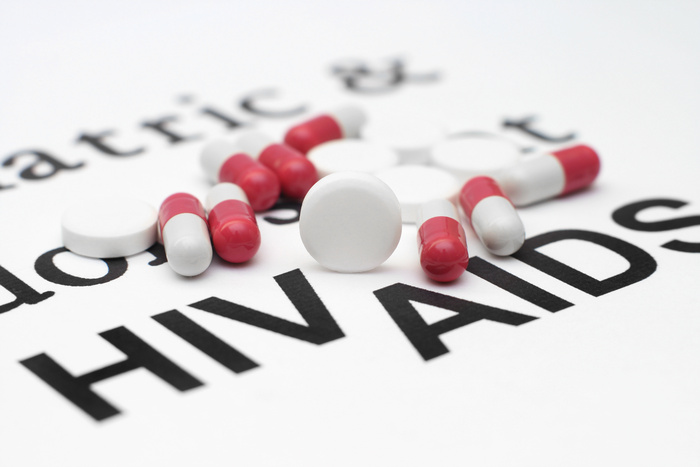The World Health Organisation (WHO) has released new guidelines recommending lenacapavir (LEN) as a twice-yearly injectable option for HIV prevention, marking a major advance in the global HIV response.
The announcement was made at the 13th International AIDS Society (IAS) Conference on HIV Science in Kigali, Rwanda.
Lenacapavir, the first long-acting PrEP requiring just two doses annually, offers a highly effective alternative for people who struggle with daily medication, stigma, or limited access to healthcare.
“While an HIV vaccine remains elusive, lenacapavir is the next best thing,” said WHO Director-General Dr Tedros Adhanom Ghebreyesus. “Committed to working with countries and partners to ensure this innovation reaches communities as quickly and safely as possible.”
The new guidelines arrive amid stalled progress in HIV prevention. In 2024, 1.3 million people contracted HIV, with key populations — including sex workers, men who have sex with men, transgender people, and adolescents — disproportionately affected.
WHO now recommends HIV rapid testing to support delivery of injectable PrEP, streamlining access through pharmacies, clinics, and telehealth. This shift removes barriers tied to costly and complex testing.
Read Also: Nigeria to launch production of HIV test kits, ARVs
Lenacapavir joins a growing list of WHO-endorsed prevention tools, including daily oral PrEP, injectable cabotegravir, and the dapivirine vaginal ring.
While broader access to LEN is still limited, WHO urges countries and donors to begin rollout within national HIV programmes, gathering data on real-world impact.
Updated Treatment and Service Integration
WHO has also updated its treatment guidance to recommend injectable cabotegravir and rilpivirine (CAB/RPV) for people with suppressed viral loads who don’t have active hepatitis B. This long-acting ART option supports individuals with adherence challenges.
In addition, WHO now encourages integration of HIV services with treatment for noncommunicable diseases like diabetes and hypertension, alongside mental health support. New STI guidelines also recommend routine screening for gonorrhoea and chlamydia in high-risk groups.
For people with HIV and mpox, WHO strongly advises rapid ART initiation, alongside routine HIV and syphilis testing for suspected mpox cases.
By the end of 2024, 40.8 million people were living with HIV, 65% of them in Africa. While 31.6 million were on treatment, 630,000 died from HIV-related causes.
With global HIV funding in decline, WHO has released operational guidance to help countries prioritise essential services and safeguard progress.
“We have the tools and the knowledge to end AIDS as a public health problem,” said Dr Meg Doherty of WHO. “What we need now is bold implementation of these recommendations.”



